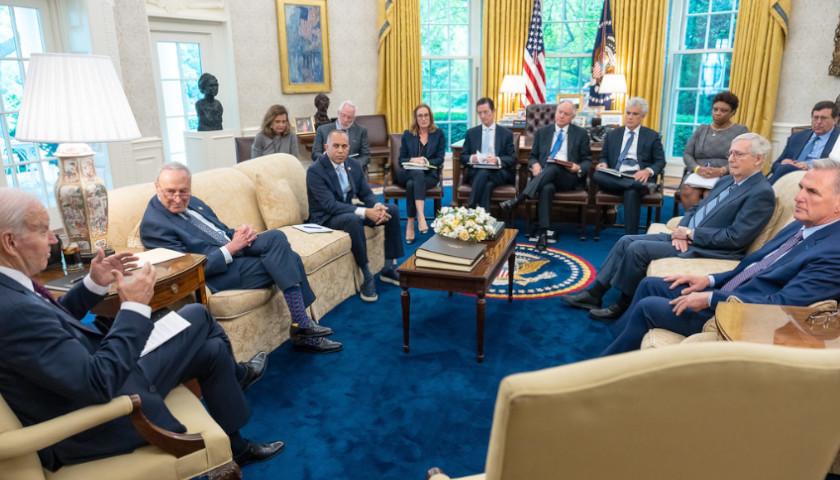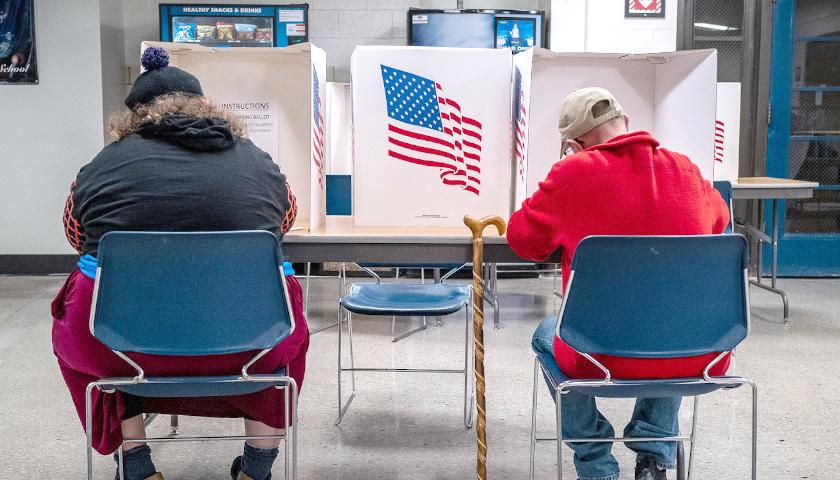by J.T. Young
American populism’s rise is directly connected to the failures of our self-styled elites. American elites have in numerous instances missed the coming of important crises, some of which they have caused. Average Americans have borne the brunt of these crises. Today’s populist rise is simply the people’s recognition of the elites’ hypocrisy and culpability in what they have had to endure.
In less than a generation, America has undergone a series of important crises across virtually every aspect of life.
Just fifteen years ago, the nation’s finances collapsed; the economic system teetered precariously. The collapse wiped out families — foreclosing houses, businesses, and opportunities. The recovery was long and painful; many folks never did.
Not long after, America’s very health was threatened; our health care system teetered precariously. The threat appeared existential; many died. Virtually all were affected to some degree. The recovery is still ongoing.
COVID’s crisis spawned a governmental one. Local, state, and federal governments all ran amuck, assuming unheard of power and inflicting onerous — frequently contradictory, often harmful — mandates that affected people from home to school to business and all points in between.
Yet amidst government assuming unheard of power over average citizens’ lives, government seemed willing to relinquish control elsewhere. So busy imposing itself on normal citizens, it shifted focus from its normal functions. Policing, education, even the border — all were seemingly abandoned by government. The result was a social crisis — a catastrophic situation that continues to escalate.
Now, in the wake of Hamas’s unmasked evil in Israel, America finds itself confronting not only a horror abroad, but a homegrown one here: moral collapse in many of our supposedly elite institutions. Despite claiming to be places of higher learning, many college campuses appear to lack basic human decency in their unwillingness to distinguish between innocent victims and premeditated terrorism: an inability to distinguish between right and wrong.
Repeatedly during the financial crisis, Americans heard our elites exonerate themselves with “no one saw this coming.” Essentially the same excuse was trotted out for COVID: they neither saw it coming nor knew what to do when it arrived. When their pronouncements finally came, they were often wrong (recall the on-again/off-again/now-on-again of masking). Amidst the social crisis of border chaos and urban chaos, the elite again seem befuddled as to what is happening and why — spectators baffled by the obvious.
Yet even in these crises, elite fingerprints were discernible. In the financial crisis, they promoted the policies that led to it, and created and invested in the financial instruments that metastasized it. In the COVID crisis, so-called experts were involved in the gain-of-function research that increasingly appears to have been at the heart of the outbreak. The social crises America faces are not natural disasters; they are the result of elites’ conscious decisions to stand down law enforcement throughout society.
When government overreached during COVID, elites were falling over themselves for the power to impose their policies. What began with shutdowns became shout-downs of any and all who disagreed with them — even experts offering contrary data and conclusions that could have saved lives.
In the moral crisis on many American college campuses, elites are not simply witnessing and housing it in their midst; they are the moral crisis. Ideas that once went cloaked under hoods and sheets now preen publicly beneath caps and gowns. Instead of educated and educating elites, some of America’s top institutions appear to be matriculating a group of educated fools.
In each of these successive crises, it has been America’s populous — not its elites — that have suffered the worst. During the financial crisis, it was the populous who lost houses and savings: there were no bailouts. In COVID and government’s responding overreach, it was among the populous that small businesses were closed and children barred from public schools. In the social crisis of open borders and unsafe streets, it is the populous that pays the price of elites’ virtue signaling. And in the moral crisis, it is the elites’ colleges that get a pass on their moral bankruptcy.
There is a division between elite and populous. It is one that elites seek: after all, without their separation from the populous, they could not be an elite.
Our elites have succeeded in separation like never before. They are more connected, more single-minded in thought, more desirous of imposing their thought, and more able to do so — through media, culture, and government. Never have the rules between Thee and Me diverged more completely and clearly.
The only ones who do not see these incongruities are the elites themselves — because to them they are natural and desirable. Instead, they are surprised that from the people they have repeatedly victimized has come populism: a people’s response to what the elites have done and continue to do.
– – –
J.T. Young was a professional staffer in the House and Senate from 1987-2000, served in the Department of Treasury and Office of Management and Budget from 2001-2004, and was director of government relations for a Fortune 20 company from 2004-2023.







